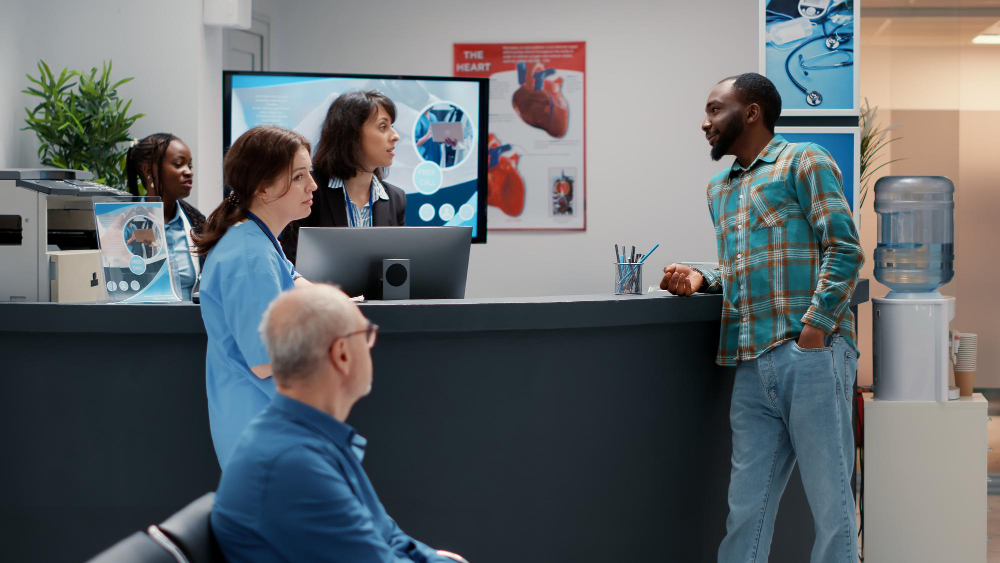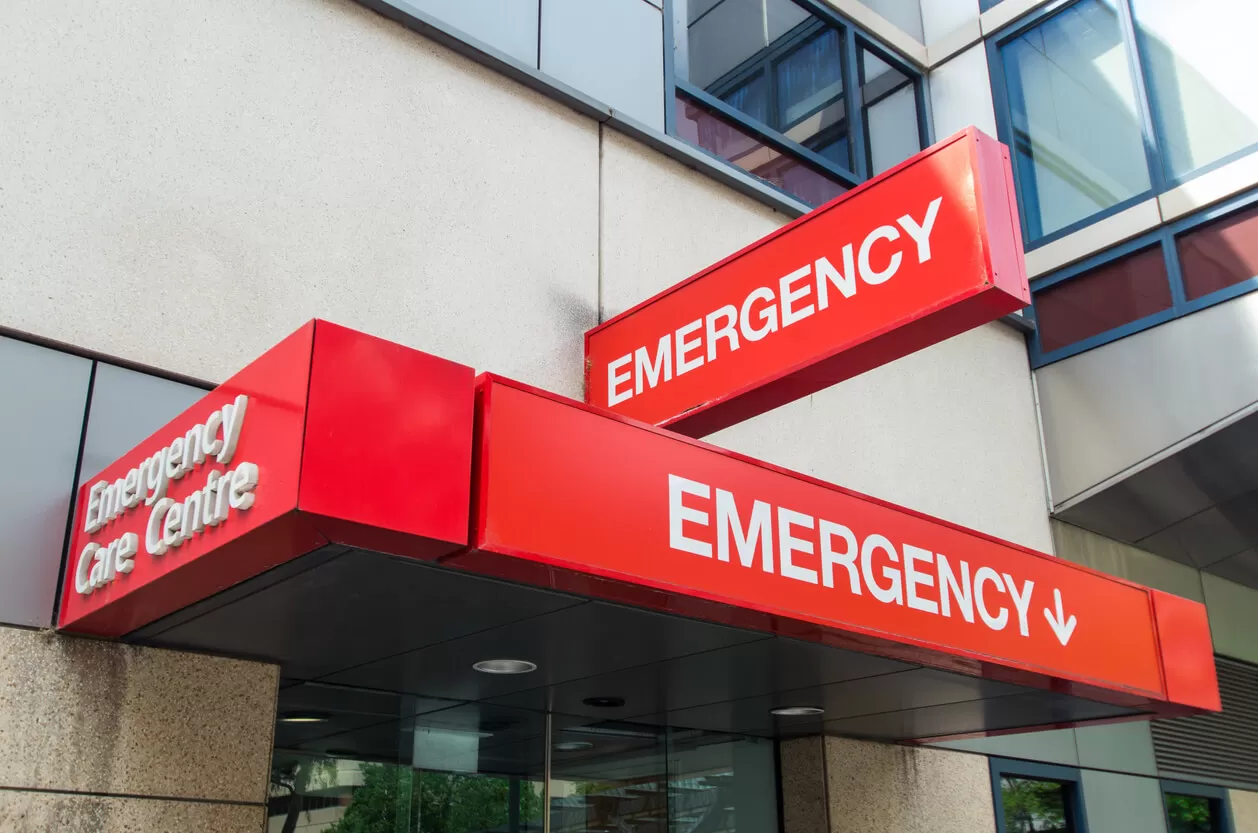The Role of Triage in Emergency Room Efficiency: Understanding Prioritization
In the fast-paced environment of the emergency room (ER), effective triage plays a pivotal role in ensuring that patients receive timely and appropriate care. Triage, derived from the French word “trier” meaning to sort, involves the systematic assessment and prioritization of patients based on the severity of their condition. This article delves into the significance of triage in emergency room efficiency, covering its role in optimizing resource allocation and enhancing patient outcomes.
Understanding the Purpose of Triage
Triage serves as the cornerstone of emergency room operations, facilitating the efficient allocation of resources and personnel to meet the diverse needs of patients presenting for urgent medical care. By categorizing patients according to the urgency of their condition, triage enables healthcare providers to prioritize care delivery based on medical necessity, maximizing the effectiveness of treatment interventions.
The Triage Process
- Initial Assessment: Upon arrival at the emergency room, patients undergo an initial assessment by trained triage personnel. This evaluation encompasses a brief medical history, vital sign measurements, and a focused physical examination to ascertain the severity of the presenting symptoms.
- Assignment of Triage Category: Based on the findings of the initial assessment, patients are assigned a triage category that dictates the order in which they will receive medical attention. Triage categories typically include:
- Immediate: Patients with life-threatening conditions requiring immediate intervention.
- Emergent: Patients with potentially life-threatening conditions necessitating prompt evaluation and treatment.
- Urgent: Patients with non-life-threatening conditions requiring timely care.
- Non-urgent: Patients with minor illnesses or injuries that can be managed on a less urgent basis.
- Continuous Monitoring and Reassessment: Triage is an ongoing process, with patients continually monitored and reassessed to ensure that their condition remains stable or, if deteriorating, to prompt retriage and escalation of care as necessary. This dynamic approach allows for timely adjustments in patient prioritization based on evolving clinical needs.
Enhancing Emergency Room Efficiency
Efficient triage practices contribute to streamlined operations within the emergency room, optimizing patient flow and minimizing wait times. By promptly identifying and prioritizing patients with urgent medical needs, triage ensures that critical interventions are initiated without delay, reducing the risk of adverse outcomes and enhancing overall patient satisfaction.
The Role of Triage in Resource Allocation
Triage not only prioritizes patient care but also facilitates judicious resource allocation within the emergency room setting. It directs resources such as medical personnel, diagnostic equipment, and treatment modalities toward patients with the greatest need. Triage optimizes the utilization of limited resources, thereby enhancing operational efficiency and cost-effectiveness.
Challenges and Considerations
While triage is essential for emergency room efficiency, it is not without its challenges. Factors such as fluctuating patient volumes, resource constraints, and variability in clinical presentations can pose challenges to the triage process. Moreover, ethical considerations may arise when allocating resources in situations of limited availability. It necessitates careful deliberation and adherence to established guidelines.
Walk In To Reliant Emergency Room If You Need Help Now
Triage plays a fundamental role in emergency room efficiency. It systematically prioritizes patient care based on the severity of their condition. It ensures that critical interventions are initiated promptly and resources are allocated judiciously. Triage enhances the effectiveness of emergency medical services and improves patient outcomes. As a cornerstone of emergency room operations, triage underscores the importance of efficient patient assessment and resource management in meeting the diverse healthcare needs of the community.
Reliant Emergency Room: Your Trusted Partner in Emergency Care
Reliant Emergency Room stands at the forefront of emergency medical care in Corpus Christi, Texas. We provide prompt and compassionate treatment to individuals in need. We hold a commitment to excellence and efficiency. Reliant Emergency Room offers state-of-the-art facilities, experienced healthcare professionals, and expedited access to care when you need it most. Trust Reliant Emergency Room to be your partner in health and wellness. We deliver exceptional emergency medical services with compassion and expertise.
Sources:
- American College of Emergency Physicians (ACEP): www.acep.org
- Centers for Disease Control and Prevention (CDC): www.cdc.gov
- National Institutes of Health (NIH): www.nih.gov








